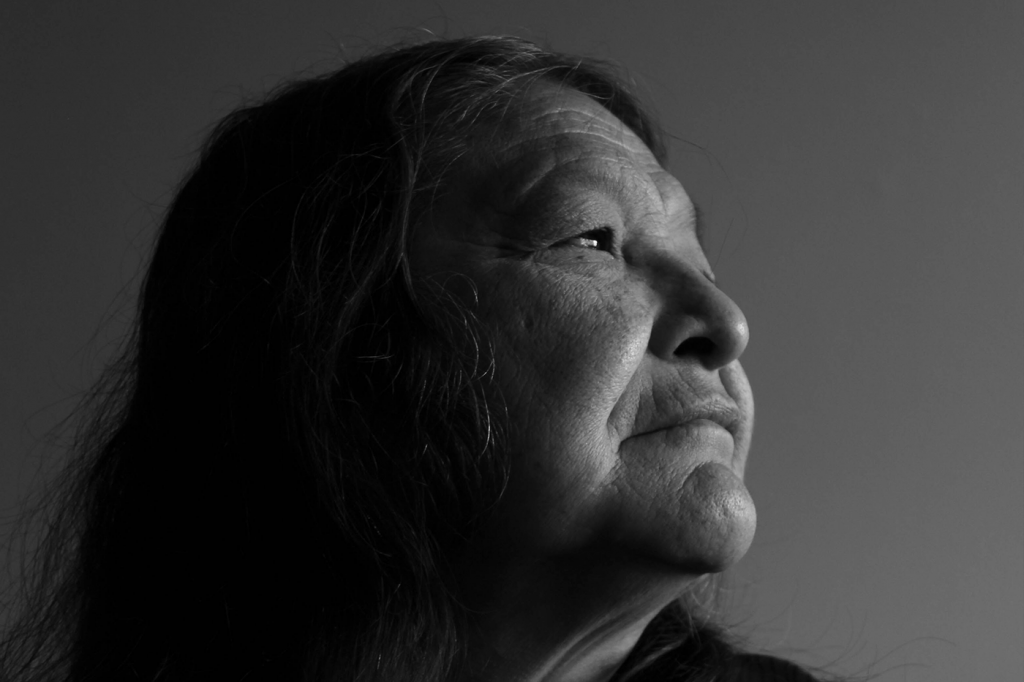North Dakota’s discriminatory voter ID law required voters to include their current residential street address in order to vote, which disenfranchised many Native Americans.
Overview:
At first, many Native American tribes filed a lawsuit Brakebill v. Jaeger in an effort to fight against House Bill 1369. The new law that Governor Doug Burgum signed required all voters to contain a current permanent address if they wanted to cast their ballot. However, this then disenfranchised several Native Americans because many do not have residential street addresses, especially when they live on rural areas of the reservation.
Later when Spirit Lake Tribe et al., v. Alvin Jaeger was filed on behalf of the Spirit Lake Tribe and six plaintiffs to provide disenfranchisement from happening to Native Americans. They wanted to ensure that Native American voters in North Dakota reservations would still be able to vote in the 2018 midterm elections and all other future elections. All counties in North Dakota then started to make sure that Native American voter ID’s matched the documentation the State’s faculty records had in their system otherwise, they would not be able to vote. North Dakota had a flawed address system that prevented many eligible Native American voters from casting their ballots. On top of being denied their right to vote for failure to verify a current residential address, Native American voters were being issued IDs with the wrong address. This further affected Native American’s constitutional right to vote. Therefore, the Secretary of State violated Section 2 of the Voting Rights Act, and the 1st, 14th, and 15th constitutional amendment.
On April 27, 2020, the State and Tribes were able to reach a settlement, in favor of the tribes and voters. The Consent Decree ensures that all eligible Native American voters are able to vote and it will relieve the burden on the Tribes in regards to determining residential street addresses and issuing tribal IDs. Lastly, the State and the Tribes will cooperate with one another if any issues or concerns emerge in the future.


